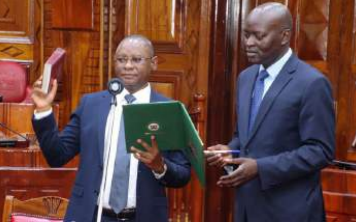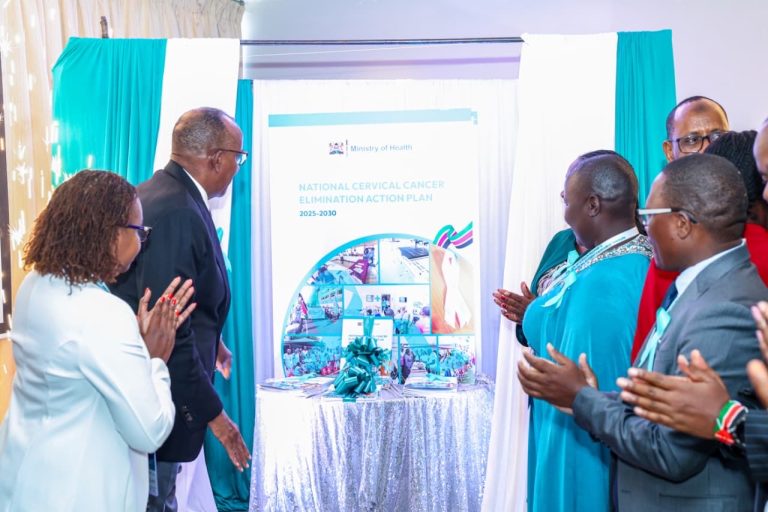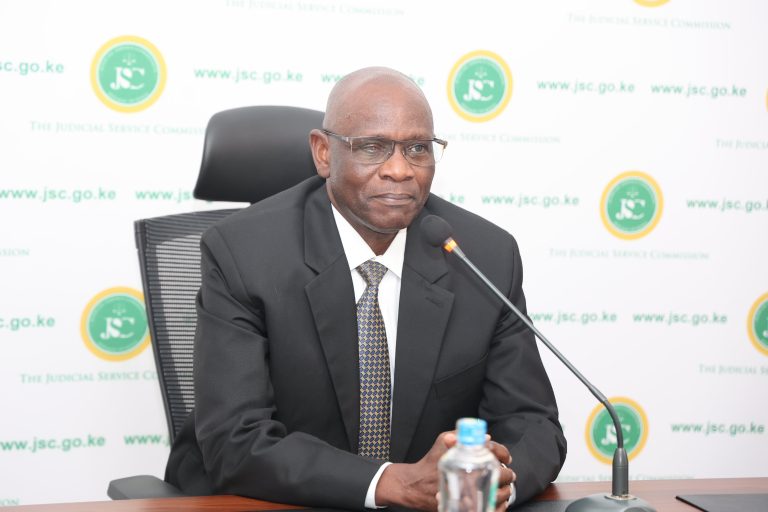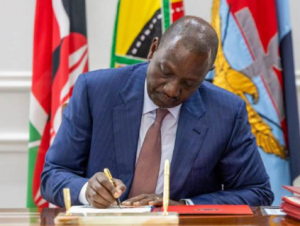The Salaries and Remuneration Commission (SRC) may be severely handicapped in tackling Kenya’s long-running problem of ghost workers, after revelations that its role is limited to working with payrolls provided by employers.
Appearing before the National Assembly’s Labour Committee, SRC nominee Michael Thoyah Kingi said the commission relies entirely on payroll data submitted by ministries, departments and agencies, making it difficult to detect non-existent employees who continue to draw salaries from public coffers.
“On ghost workers, it is the employer who probably introduces them,” Kingi told the committee. “The SRC only pays based on the list that has been provided by the department. So, it is the employer who can really help identify who is genuine and who is not.”
Kingi, who is seeking appointment as an SRC commissioner, called for stronger coordination between the SRC and the Public Service Commission (PSC), proposing an integrated digital system that links human resource and payroll data across government.
“It’s critical that human resource and pay information be integrated on a single platform,” he said. “Once that’s done, it will be easier to audit payrolls and identify ghost workers.”
Committee members, however, raised doubts over the effectiveness of electronic systems alone, warning that even digital tools are only as accurate as the data fed into them.
“I am afraid, because even if we go electronically, it is what you put in that comes out. Let me tell you, Chair, we’ve managed on the ballot. I’ve not seen two voters voting because we are electronic. You go, you present your data. They’ve never said two Doris have voted in Kisi and in Muranga,” said women representative for TransNzoia County Lillian Siyoi.
The committee chair and Kilifi South MP Ken Chonga pushed the nominee on how best he will push to address the issue.
The lawmakers stressed the urgency of addressing the “ghost worker crisis,” saying it continues to drain public resources and undermine efforts to harmonise pay across the civil service.
“Kenya is losing billions every month to non-existent workers,” the chair said. “This is a national crisis that requires both SRC and employing agencies to act collectively.”
Vihiga MP Ernest Kivai also pressed Kingi on what practical measures the SRC could employ to curb payroll fraud that costs taxpayers billions annually.
Kingi acknowledged the challenge but maintained that legislative support would be essential to strengthen SRC’s enforcement powers.
He urged Parliament to enact laws that would allow the commission to compel implementation of its recommendations and ensure regular payroll audits.
The ghost workers continue to drain public coffers, with the latest report by the Public Service Commission indicating at least 17,000 are still on the national government’s payroll.
Estimates show that Kenya might have lost at least Sh9 billion over the past five years paying salaries to ghost workers across all counties.
A verification of the 7,629 UHC staff through an audit carried out last month by the State Department for Medical Services in collaboration with the Council of Governors (CoG), 215 failed to present themselves to the authorities.
The individuals have since been identified as either ghost workers or unqualified health professionals.
Kingi said that if he is approved, he will prioritise transparency, digital integration and collaboration with oversight agencies to restore accountability in public payroll management.
by JACKTONE LAWI













